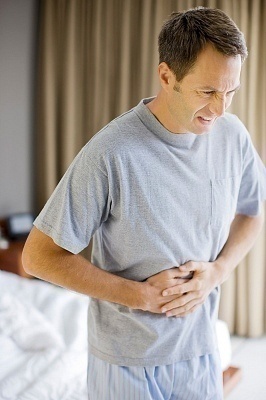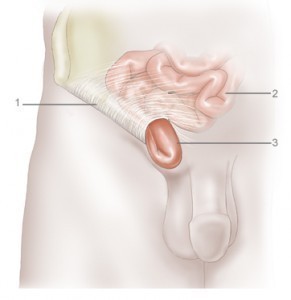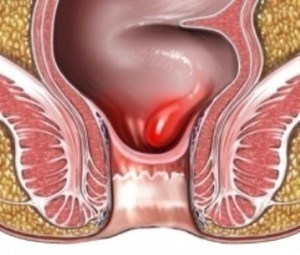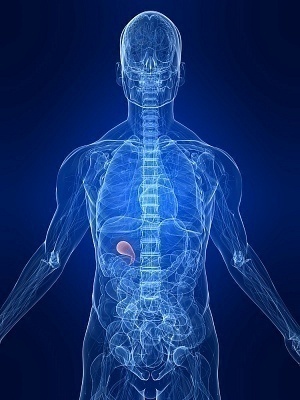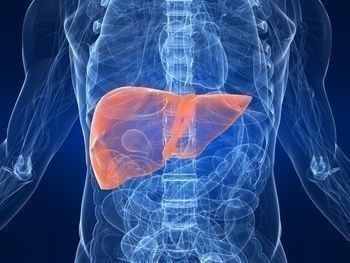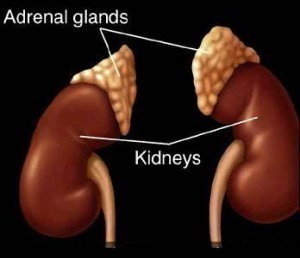Gas Pain
A gas pain felt in the stomach is perhaps one of the most common stomach pains felt in the body. Gas pain is often felt time to time during all stages of human life, most especially during infancy and childhood.
Symptoms
Gas pain symptoms often involve a dull to sharp pain in the belly. There is also a bloated sensation on the lower part of the belly, leaving the stomach feeling cramped with the stabbing pain. A gas pain can also send shooting or tingling sensation through the limbs, like arms and legs. The most common symptoms of gas pain is flatulence, or passing of air outwards through the rectum, and belching, or passing of air outwards through the mouth.
Causes
Gas pain is often related to normal functional pain, or a sensation caused by normal digestive process. Gas pain causes are usually swallowed air, antibiotics, difficult digestion and chronic disease. Swallowed air is the most normal cause of gas pain, because this can originate from sucking for infants and chewing from adults. Antibiotics are also causes of gas pain due to side effects. Digestive processes are often causes of gas pains whenever the small intestine is obliged to digest a new food in your diet, say an increase in fiber content. Meanwhile, excess gas can be an indicator that your body is suffering a serious chronic condition.
Gas pain diagnosis often depends on the person’s medical history and existing condition. If there are other symptoms that the body feels aside from gas pain, then perhaps gas pain is not the main issue here, but a severe disease that the body might be suffering from. The most common diagnosis for gas pain is a hollow sound when the stomach is tapped. It usually indicates that there is air trapped inside the intestine.
Treatments
Unless there is no associated pains other that gas pain, gas pain relief can take in the form of home cure. Gas pain relief takes in the form of lifestyle and dietary modifications and even over-the-counter medicines. Peppermint tea is also recommended, because it contains menthol that relieves the muscles of the small intestine. Since gas pains are often recurring because of regular habits, it is best to modify one’s lifestyle habits a bit. For instance, try chewing more slowly and eating less fatty foods. For those who have poorly-fitting dentures, try getting them fixed at once because it can cause the air to enter the digestive tract while chewing.
When gas pain is associated by other symptoms like headaches, fever and other sensations felt throughout the body, it is best to seek serious medical attention for relief.
